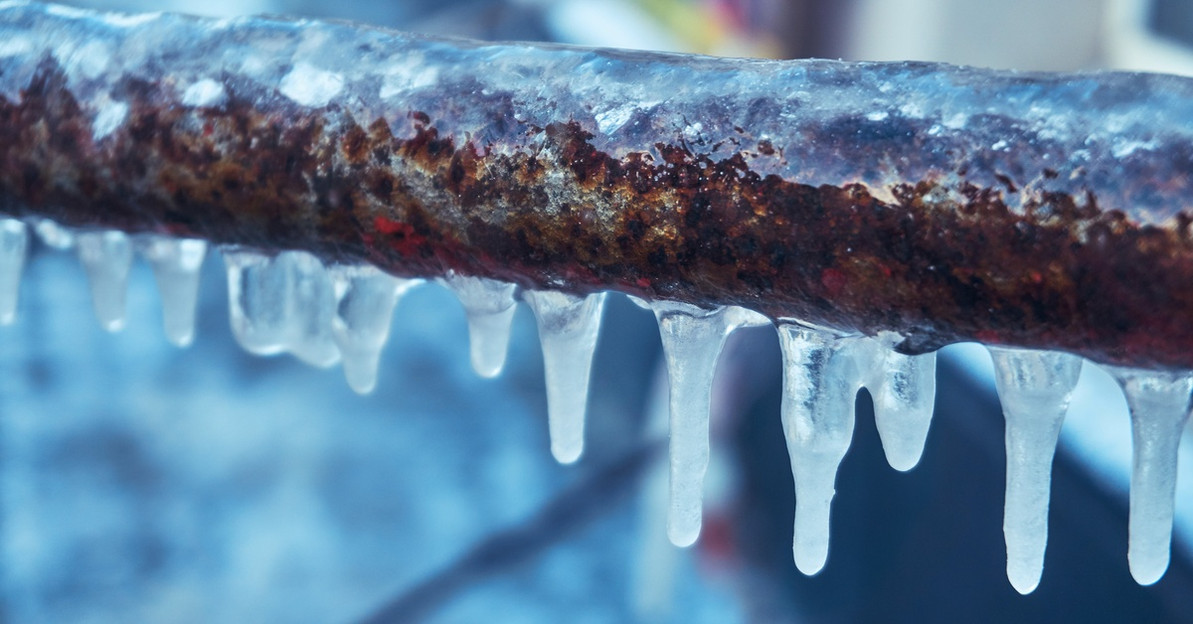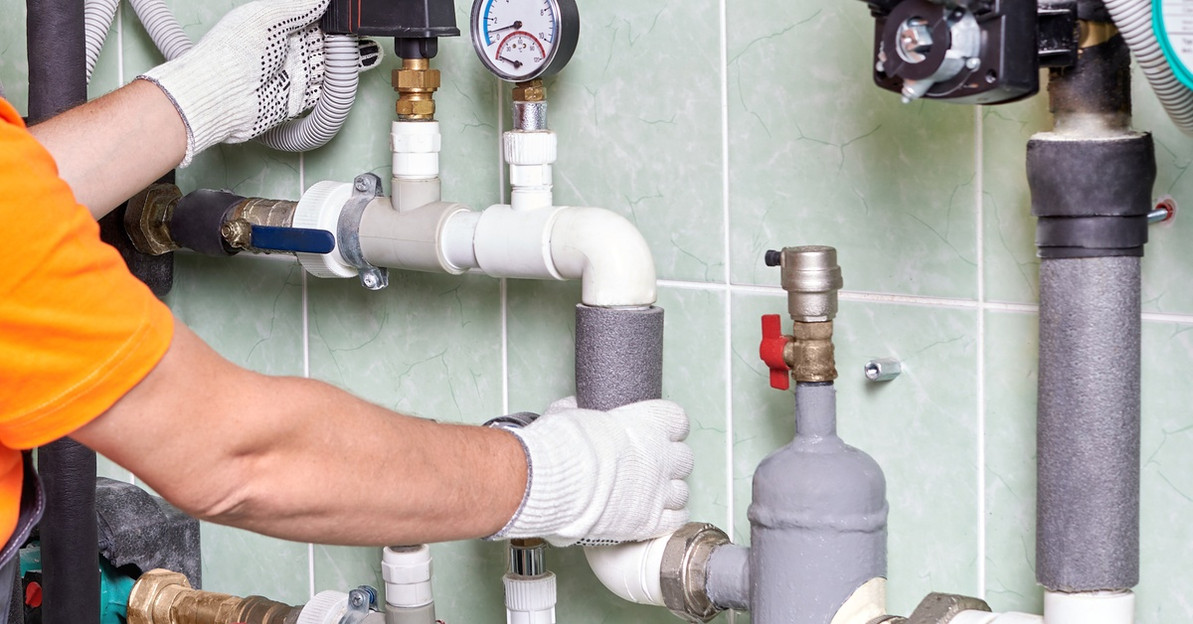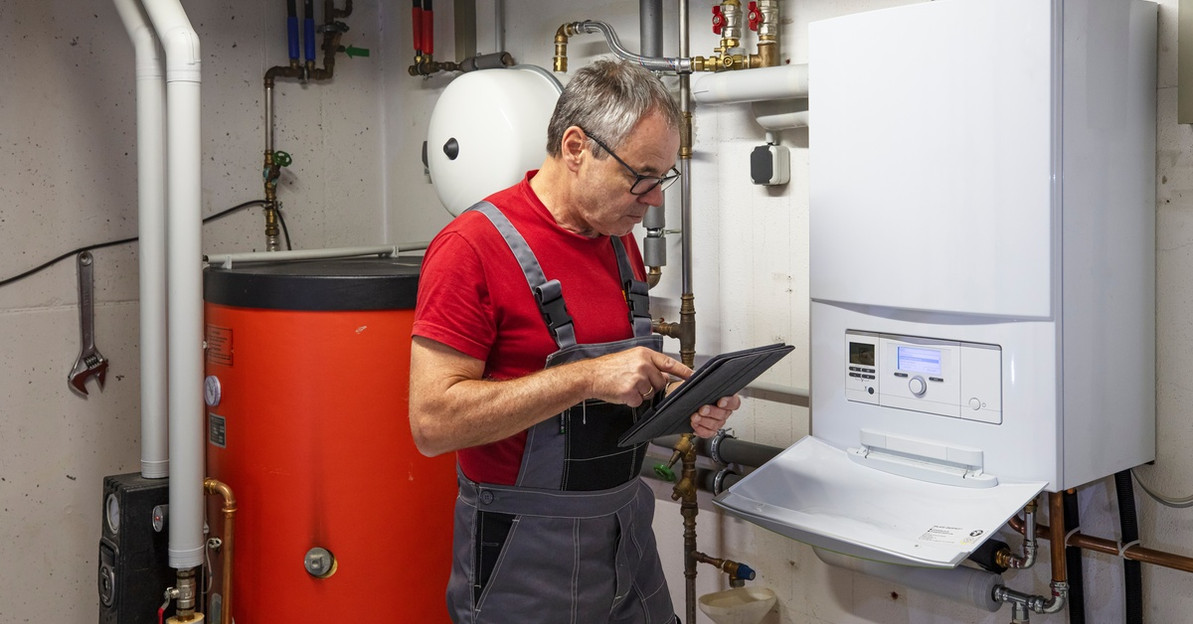Comparing High-Efficiency and Standard Water Heaters
Heating water is one of the largest energy expenses in most homes, accounting for about 20 percent of the monthly energy bill. You’ve probably heard about high-efficiency water heaters and their promise of energy savings, but how do they compare to standard models? Which option makes the most sense for your home, budget, and lifestyle?
Each system comes with its own advantages and trade-offs. We’re here to break it all down for you in clear, simple terms. By taking a closer look at both high-efficiency and standard water heaters, you’ll understand how they work, what they cost, and the benefits they bring.
What Are High-Efficiency and Standard Water Heaters?
High-Efficiency Water Heaters
High-efficiency water heaters are designed with cutting-edge technology to reduce energy waste and deliver superior performance. These systems often feature advanced insulation to retain heat, condensing technology to maximize energy extraction, and the use of heat pumps or tankless designs for optimized efficiency.
Tankless water heater models are among the most popular high-efficiency options. Unlike systems that store hot water in tanks, these heaters provide hot water on demand, reducing standby heat loss. Many high-efficiency units also meet ENERGY STAR certification standards, which guarantees they outperform conventional systems in energy savings.
Standard Water Heaters
Standard water heaters are the traditional workhorses of many households. They usually have a storage tank that holds and heats a fixed volume of water. When hot water is used, the tank refills, heating the new water to the desired temperature.
While these models lack the cutting-edge features of newer systems, they’re often enough for homes with moderate hot water needs. Simple installation and operation make them an easy option for anyone looking for a basic, no-fuss solution to hot water needs, though they may come with higher long-term energy costs.
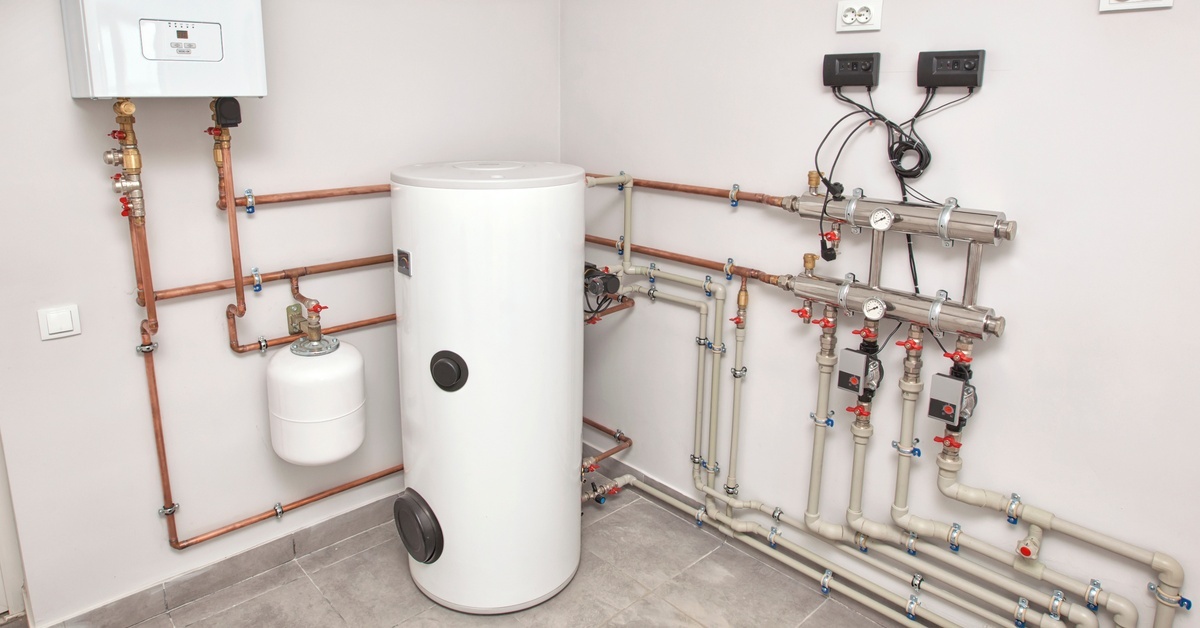
Cost Analysis
Up-Front Costs
High-efficiency water heaters generally come with a higher price tag up front. Between purchasing the unit itself and the installation process, these systems often cost more than standard models. Advanced technology, such as condensing mechanics or heat pumps, contributes to these additional expenses. Installation may also involve specialized labor, particularly for tankless systems, which require customized setups to work effectively.
By contrast, standard water heaters remain a more budget-friendly choice when it comes to up-front costs. Traditional storage-tank systems are relatively inexpensive to manufacture and install, making them appealing for anyone working within tight budget constraints.
Long-Term Costs
Though the starting price is higher, high-efficiency water heaters are game changers in reducing utility bills. These systems use significantly less energy, resulting in ongoing savings. For instance, tankless water heaters heat water only when needed, meaning less energy is wasted on keeping the water consistently hot.
On the other hand, standard water heaters might appeal to those aiming for quick savings, but they often lead to higher utility bills due to energy inefficiency. The consistent heating of stored water leads to standby heat loss, burning through more energy. Additionally, their shorter lifespan may force homeowners to replace the entire unit sooner, increasing out-of-pocket costs down the road.
Energy Efficiency
High-Efficiency Performance
High-efficiency water heaters are, as the name implies, built to prioritize energy savings. Systems with condensing technology, for example, reuse heat that would ordinarily escape through exhaust vents, significantly conserving energy. Heat pump models pull warmth from the surrounding air or ground, transferring it to the water, a process that requires much less electricity.
These improvements can translate into meaningful monetary savings. A family of four using a high-efficiency system might save hundreds of dollars in energy bills annually. Depending on household size and water usage, these machines have the potential to make noticeable environmental and financial impacts.
Standard Performance
Standard water heaters, while effective at delivering hot water, tend to fall short in efficiency. Energy is wasted as heated water sits unused in the tank, and these standby losses add up over the year. This is especially problematic in homes with sporadic water usage, where the heater works constantly to maintain the tank’s temperature, even if no hot water is being used.
Regular maintenance, such as flushing the tank to remove sediment buildup, can slightly improve efficiency. However, the gains are minor compared to the high-tech capabilities of more modern systems.
Environmental Impact
Benefits of High-Efficiency Water Heaters
Homes that adopt high-efficiency water heaters often see a substantial reduction in their environmental footprint. Using less energy means fewer greenhouse gas emissions, making these systems a more sustainable choice. Tankless water heaters, for instance, operate only when hot water is needed, further cutting energy consumption.
Additionally, many high-efficiency models align seamlessly with renewable energy solutions like solar panels. This dual compatibility offers an even greater opportunity to minimize environmental impact by relying on sustainable resources to heat your water.
Environmental Drawbacks of Standard Water Heaters
Standard water heaters consume significantly more energy, which can increase carbon emissions over their operating lifespan. For homeowners looking to support sustainable practices, these systems may not be the ideal solution. They also tend to struggle with efficiency in homes located in regions with extreme climates, where stored water either cools too quickly or demands extra energy to maintain warmth.
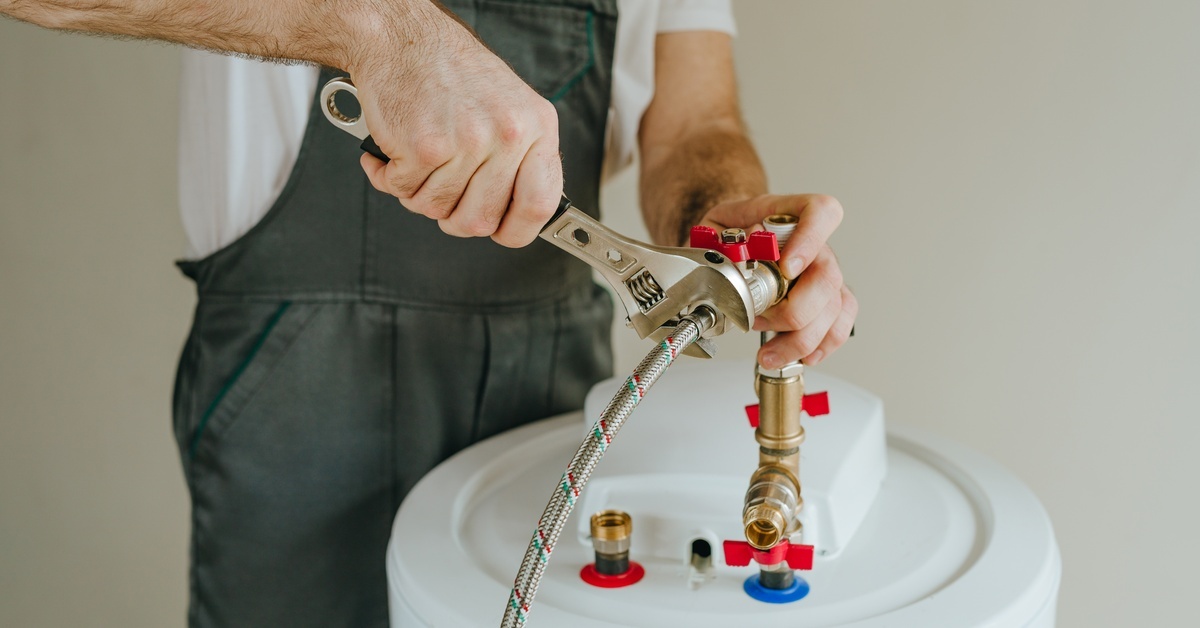
Maintenance and Lifespan
Maintenance Needs for High-Efficiency Models
Maintenance is key to keeping high-efficiency water heaters performing at their peak. Systems like tankless designs require periodic cleaning of specific components, such as heat exchangers, to prevent blockages or damage. The tankless water heater parts are designed for longevity but still demand regular attention to maintain efficiency.
One major advantage of high-efficiency models is their extended lifespan, which often exceeds that of standard water heaters. With proper care, these systems can provide reliable service for 20 years or more.
Maintenance Needs for Standard Models
Standard water heaters are simpler to maintain but need attention to prevent performance issues. Over time, sediments build up in the tank, causing inefficiencies and straining the heating system. Flushing the tank annually is recommended, but many homeowners overlook this step, leading to decreased performance over time.
The lifespan of a standard water heater typically falls between 10 to 15 years. Replacement is often inevitable sooner than with high-efficiency systems, meaning the cost of another unit and installation may arise more quickly.
Closing Thoughts
The process of comparing high-efficiency and standard water heaters is a chance to rethink how you want your home to function and the role energy efficiency plays in your life. Both options bring their own set of strengths, but the real win comes from focusing on what truly aligns with your goals. Are you looking for long-term savings, lower energy use, or something that fits a tighter up-front budget?
Take a closer look at your household’s energy habits or talk with a professional to get a better sense of which direction makes the most sense for you. Weighing standard heaters against high-efficiency models isn’t just a comparison of features—it’s a way to make an investment in a more sustainable and efficient future for your home.
Recent Posts
-
How To Prevent Frozen Pipes Throughout Winter
Winter brings unique challenges for property management companies, maintenance crews, and plumbing c …Oct 21st 2025 -
Integrating Water Heaters With Building Management Systems
When you think about building management systems (BMS), water heaters probably aren’t the first thin …Oct 6th 2025 -
Recirculation Loop and Pump Options for Tankless Systems
Waiting for hot water can be frustrating. It wastes your time, your water, and your money. Fortunate …Sep 23rd 2025



